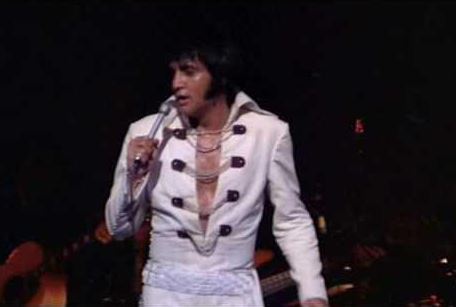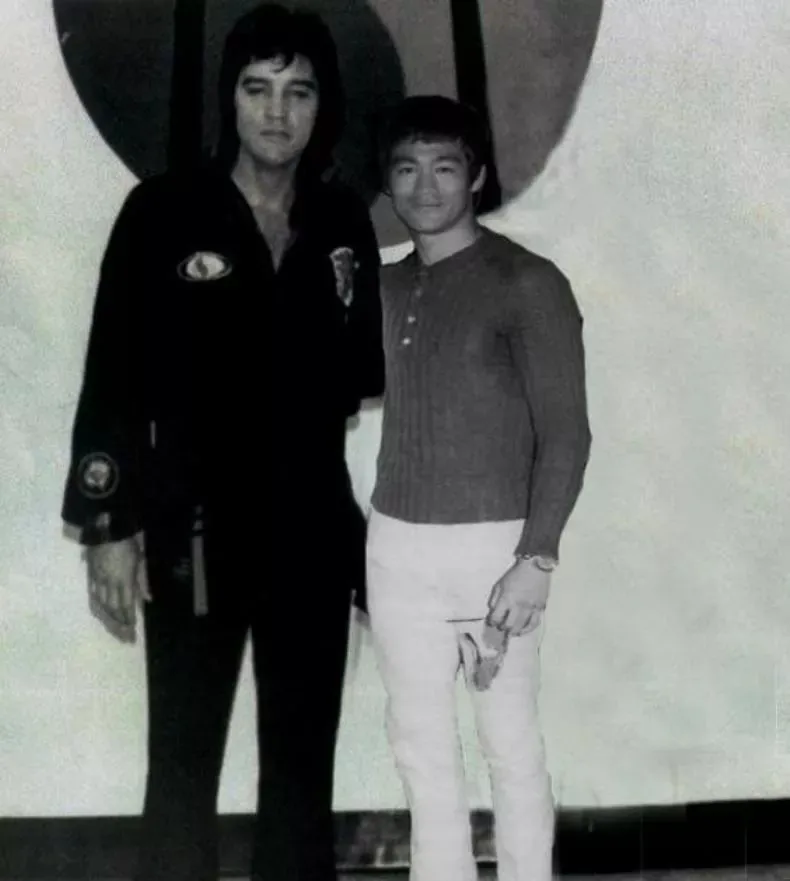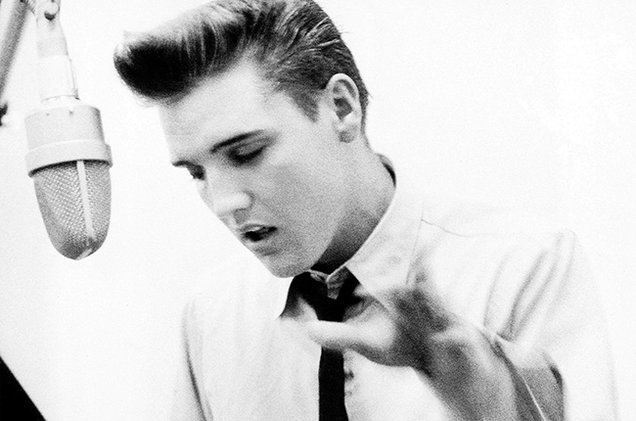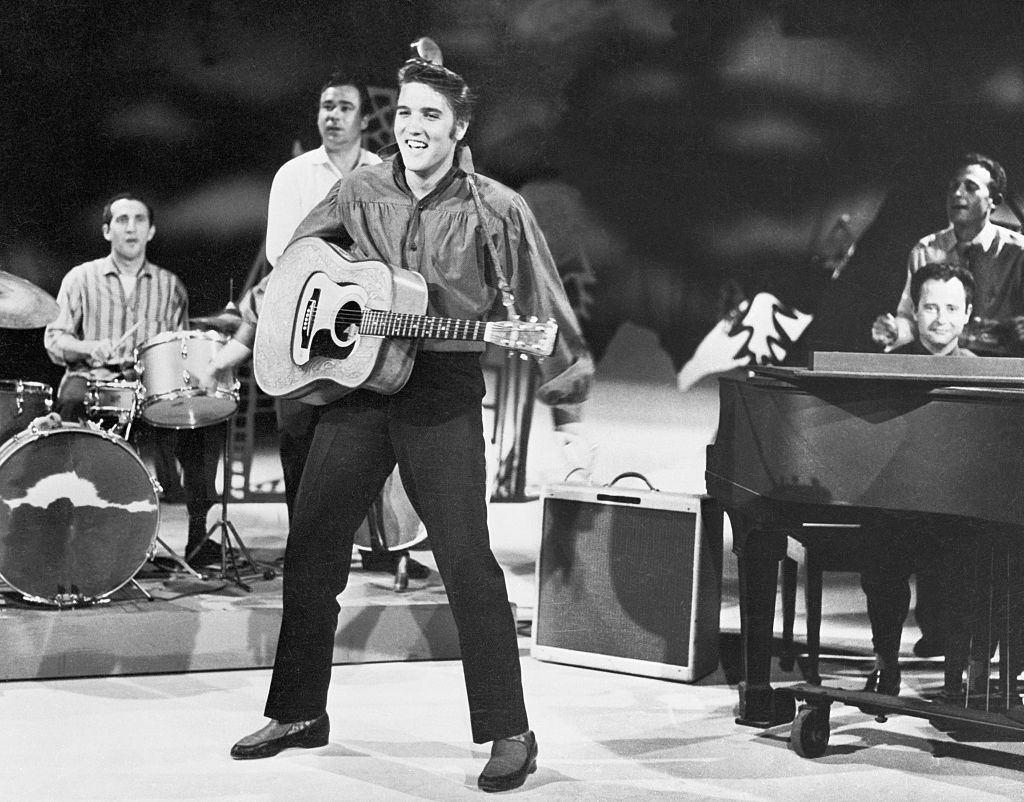Elvis Presley, the undisputed King of Rock and Roll, wasn't just a musical legend; he harbored a lesser-known passion for martial arts. This passion led him to a fascinating encounter with Tetsuji Murakami, a Japanese karate master who left a mark on the King's life, both on and off the stage.

While stationed in Germany with the U.S. Army in the late 1950s, Elvis began training under Juergen Seydel, a German karate pioneer. It was Seydel who introduced Elvis to the world of Shotokan karate, igniting a fascination that would continue throughout his life. However, Elvis's thirst for knowledge and his desire to refine his skills led him to seek instruction from a different source: Tetsuji Murakami, a renowned Japanese master based in Paris.
Murakami was a pioneer himself, credited with being one of the first Japanese karate instructors to settle in Europe. His dojo in Paris, known for its rigorous and demanding training, attracted students from all walks of life. In January 1960, during a brief leave of absence from the army, Elvis, along with his karate teacher Seydel, traveled to Paris specifically to train under Murakami.

Details about their training sessions are scarce, but the meeting itself holds historical significance. Here was a global icon, already a household name, seeking guidance from a respected but less-celebrated master. It speaks volumes about Elvis's dedication to karate and his desire to learn from the best.
Murakami's approach differed from Seydel's. While Seydel emphasized discipline and respect, Murakami was known for his demanding and even intimidating teaching style. Some accounts suggest that Elvis, accustomed to being the center of attention, found Murakami's style challenging. However, there's no doubt that Elvis learned valuable lessons from the master.

Beyond the physical techniques, Murakami likely exposed Elvis to the deeper philosophies of karate, a system that emphasizes both physical and mental discipline. This focus on inner strength resonated with Elvis, who was navigating the pressures of fame and a demanding career. The lessons learned in Murakami's dojo likely translated to his stage presence, where Elvis exuded a powerful and confident aura.
Elvis's association with karate, particularly his connection to Murakami, helped popularize the martial art in the West. His flamboyant stage persona, sometimes incorporating karate moves, brought karate into the living rooms of millions. This, in turn, paved the way for a surge of interest in martial arts, inspiring future generations of practitioners.

The encounter between Elvis and Murakami wasn't a long-term mentorship. Elvis's hectic schedule and growing fame made sustained training difficult. However, the experience left a lasting impression. Elvis continued to train in various martial arts styles throughout his life, and his interest in karate remained strong.
The story of Elvis and Tetsuji Murakami transcends the world of celebrity and martial arts. It's a testament to the pursuit of knowledge, regardless of one's status. It highlights the universal appeal of self-improvement and the value of seeking guidance from experts. Elvis, the King of Rock and Roll, became a student, a reminder that the quest for learning never truly ends.

Their brief encounter not only shaped Elvis's approach to martial arts but also potentially influenced his stage persona and personal growth. It left a legacy that continues to resonate with karate enthusiasts and Elvis fans alike.



